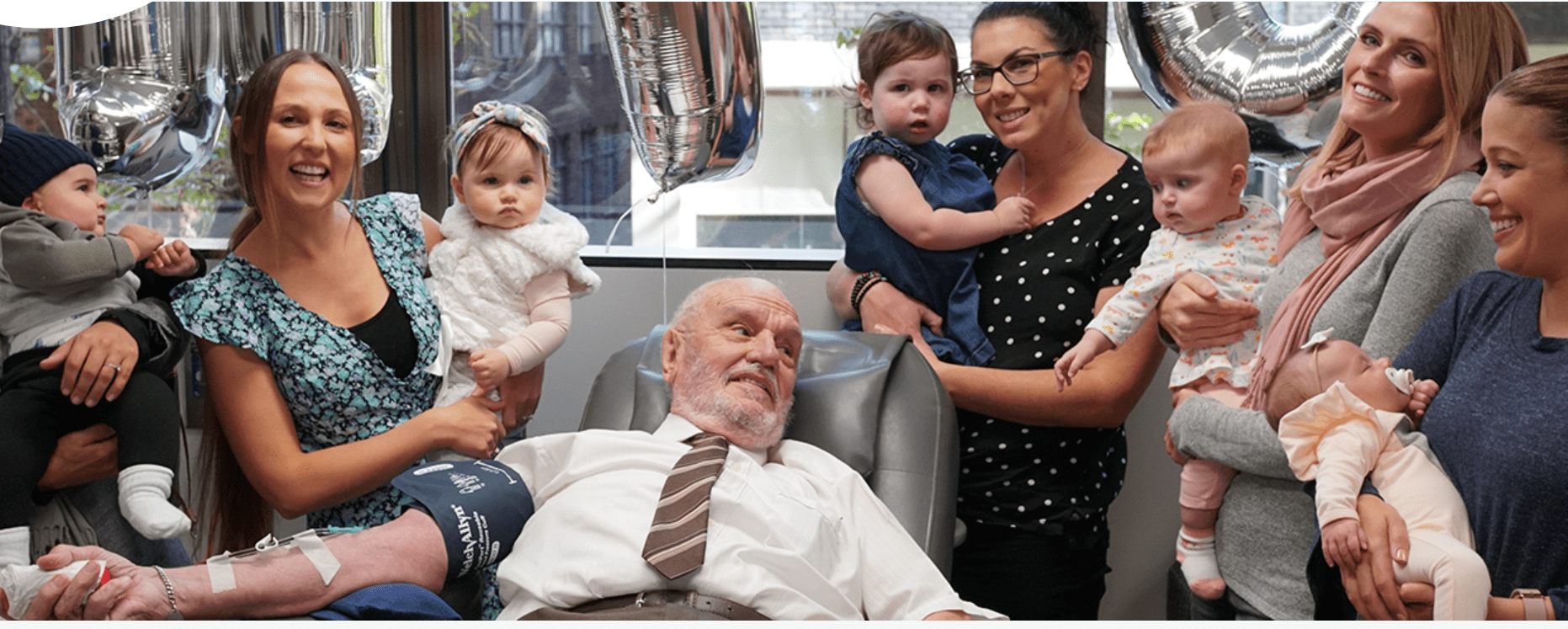The Man with the Golden Arm: How One Donor Saved 2.4 Million Babies

Passing of an Unsung Hero: “The Man with the Golden Arm”
From the Desk of Addia Wuchner
James Christopher Harrison, nicknamed “The Man with the Golden Arm,” has passed away. He is estimated to have saved the lives of over 2.4 million babies through his generous blood plasma donations.
James Christopher Harrison’s plasma contained the rare and precious antibody, Anti-D, which is used to make the life-saving medication RhoGAM, given to mothers whose blood is at risk of attacking their newborns.
A Lifelong Dedication to Saving Lives
James Christopher Harrison OAM (27 December 1936 – 17 February 2025) was an Australian blood plasma donor whose plasma contained antibodies that made it valuable for treatment against Rh disease. He donated 1,173 times from age 18 to 81, making his final donation on 11 May 2018, in compliance with Australian policy prohibiting blood donations from those past age 81.
The Impact of Rh Disease
For centuries, until the late 1960s, Rh disease was one of the most severe and devastating conditions for newborns. In the United States, it killed approximately 10,000 newborns a year and caused brain damage in many more.
Although the factors that cause Rh disease are still present, the disease is now almost completely prevented by RhoGAM, a vaccine developed in the 1960s by physicians at Columbia University Vagelos College of Physicians and Surgeons and still used today.
Rh Disease and Pregnancy Risks
Rh disease can develop when a woman with Rh-negative blood is pregnant with an Rh-positive fetus. In these cases, when fetal red blood cells cross into the mother’s circulation—usually at delivery—the mother’s body begins producing antibodies that can attack and kill a fetus’ red blood cells.
It takes some time to produce these antibodies, so the first Rh-positive child is typically spared. However, each subsequent Rh-positive pregnancy increases the likelihood that the mother will become “sensitized” to the fetus.
Once a woman is sensitized, her antibodies can cross the placenta and destroy fetal red blood cells, which can lead to miscarriage, brain damage, or newborn death. Roughly 15 percent of American women have Rh-negative blood, making this a significant concern in maternal healthcare.
💙 Rest in peace to a true unsung hero.
